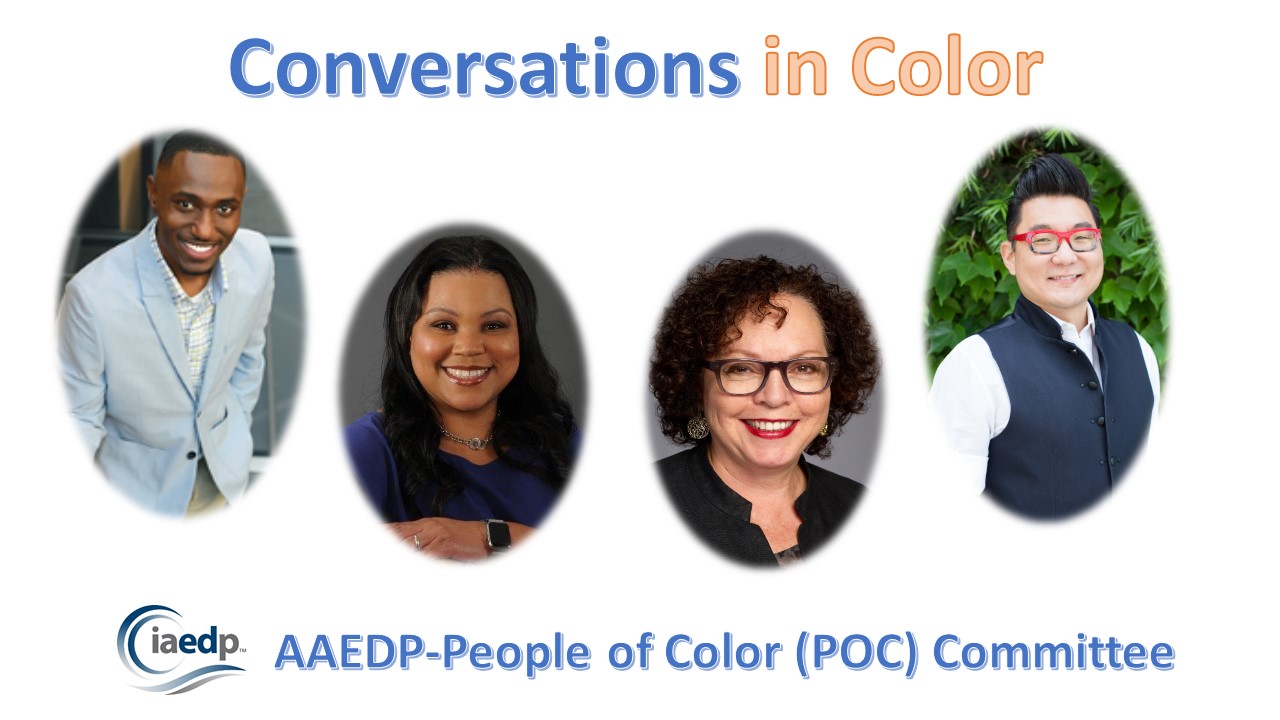Conversations in Color : Why is culturally competent care important?
Why is culturally competent care important? By Carolyn Coker Ross, MD, MPH, CEDS
Research has shown that therapists treating or screening for eating disorders not uncommonly demonstrate bias and a lack of awareness that people of color also are subject to eating disorders. In the past, competence has been focused, for the most part on providing services to African Americans, American Indians, Alaska Natives, Asian Americans and Hispanics. Cultural competence was in the early days meant to address disparities in access and utilization of mental health service which persist even today.
The US Department of Health and Human Services defined cultural competence as “having an understanding and appreciation for cultural differences and similarities within, among and between culturally diverse patient populations. Although there are other definitions, culturally sensitive or competent care in a mental health setting implies an understanding of the client’s ethnicity, belief system and background. It is also important that therapists / psychologists are sensitive to their own belief systems and how their personal beliefs and biases may affect the perceptions of their client, the client’s issues and the therapeutic relationship.
The value of cultural competence is that it allows therapists to accommodate and respect differences in values, attitudes and belief systems into their work with the client, allowing them to respond to a culture that may be different from their own.
In its broadest form cultural competence is about diversity and inclusion – understanding differences based on age, beliefs, ethnicity, race, religion, sexual orientation, gender and socioeconomic status in such a way as to provide the most effective therapeutic care for all clients.
These are some questions we will be addressing in our Culturally Competent Conversations peer consult group beginning January 21, 2020:
1. What does cultural competence mean to you?
2. How can cultural competence help you in your practice?
3. Does cultural competence (CC) stereotype ethnic minorities?
4. Does CC ignore other forms of diversity – such as gender, sexual orientation?
5. Does CC overemphasize race as the main factor in a person’s mental health problems?
For more information or the register for this call, send an email to iaedpAAEDP.POCcaseconsult@gmail.com
Carolyn Coker Ross, MD, MPH, CEDS is a physician, internationally recognized speaker and expert in the use of integrative medicine to treat eating disorders and addictions. She is board certified in both Preventive Medicine and Addiction Medicine. She is the author of four books, the most recent of which is “The Food Addiction Recovery Workbook.” Earlier books include “The Overcoming Binge Eating Disorder and Compulsive Overeating Workbook” and “The Emotional Eating Workbook.” She is also the co-presenter on an audio with Dr. Andrew Weil, “The Joy of Eating Well.”
Dr. Ross completed a two-year fellowship in Integrative Medicine at the University of Arizona, studying with Dr. Andrew Weil. Her path then led her to work as the head of the Eating Disorders Program and the Integrative Medicine Department at world-renowned inpatient hospital, Sierra Tucson where she pioneered the Integrative Medicine approach to eating disorder and addiction treatment. Dr. Ross is also an addiction medicine specialist and Suboxone doctor who specializes in opioid addiction treatment. She is a consultant for treatment centers across the country on eating disorders, addiction medicine and integrative medicine.
Currently, Dr. Ross is the CEO of The Anchor Program™, an online non-diet telemedicine coaching program for individuals with binge eating, compulsive overeating and food addiction. The Anchor Certification Program(TM) also offers a certification program for therapists and other providers in the use of her unique approach in working with individuals who struggle with food and body image issues.
Contact: (520)-440-0079/Email: crossme@mac.com, www.findingyouranchor.com ~ www.carolynrossmd.com






